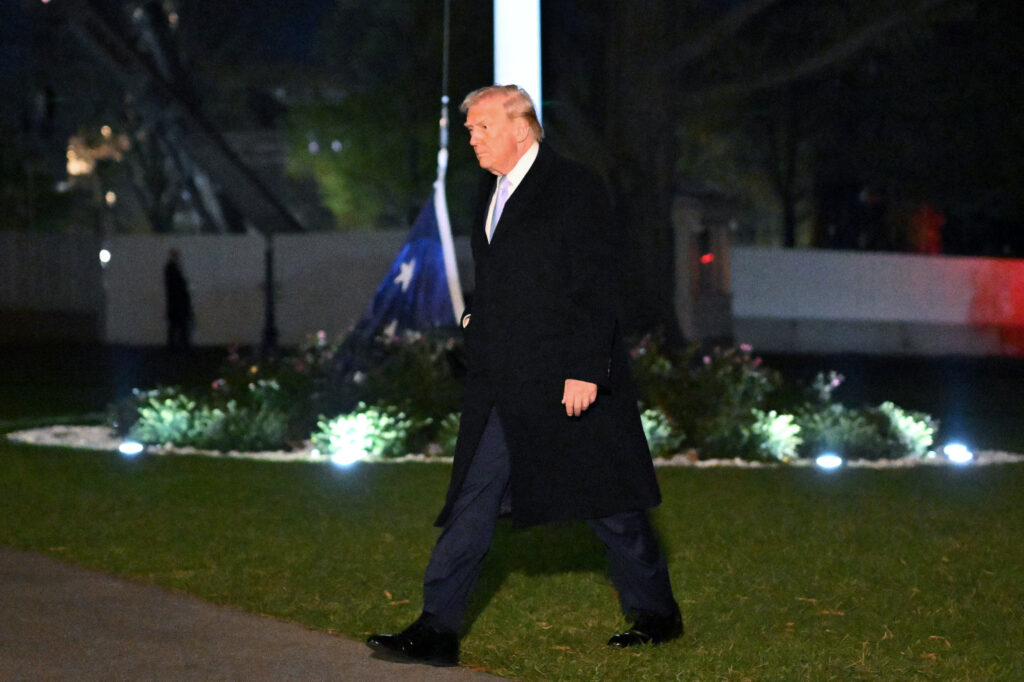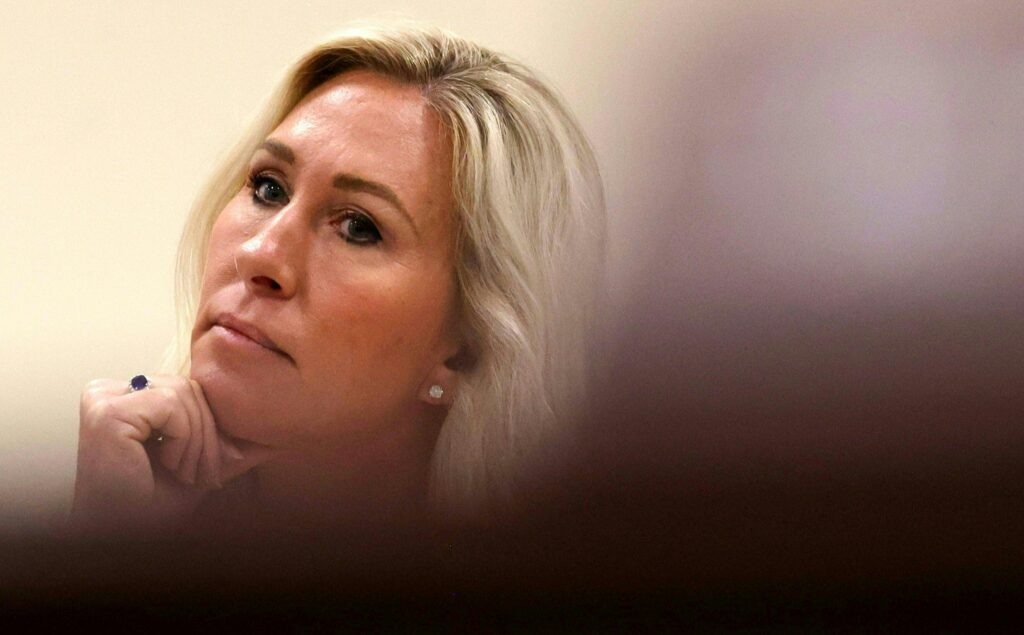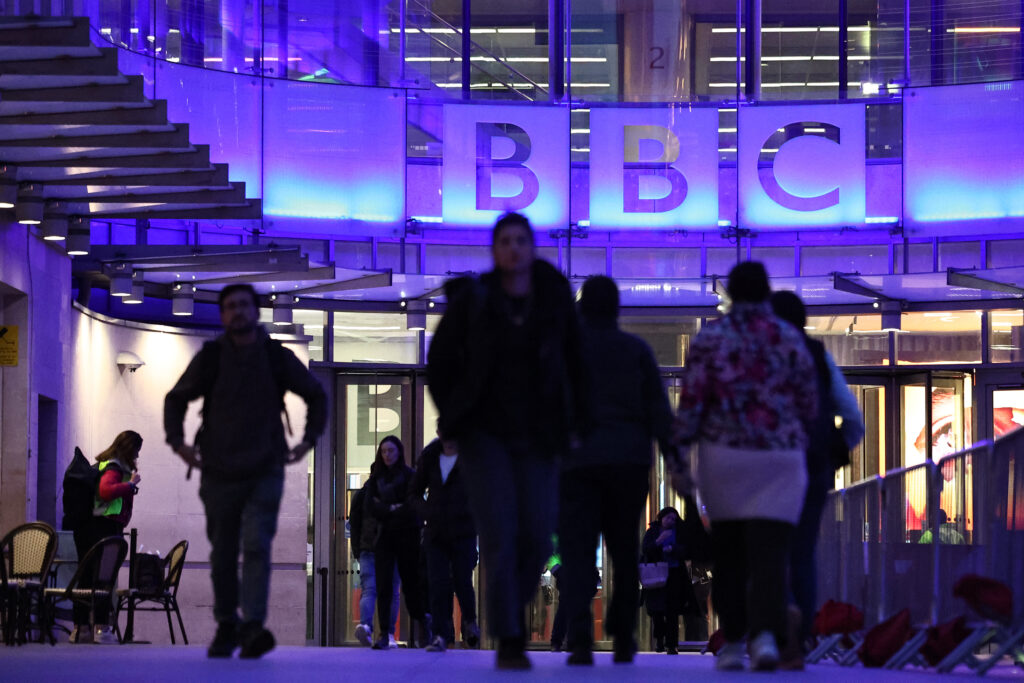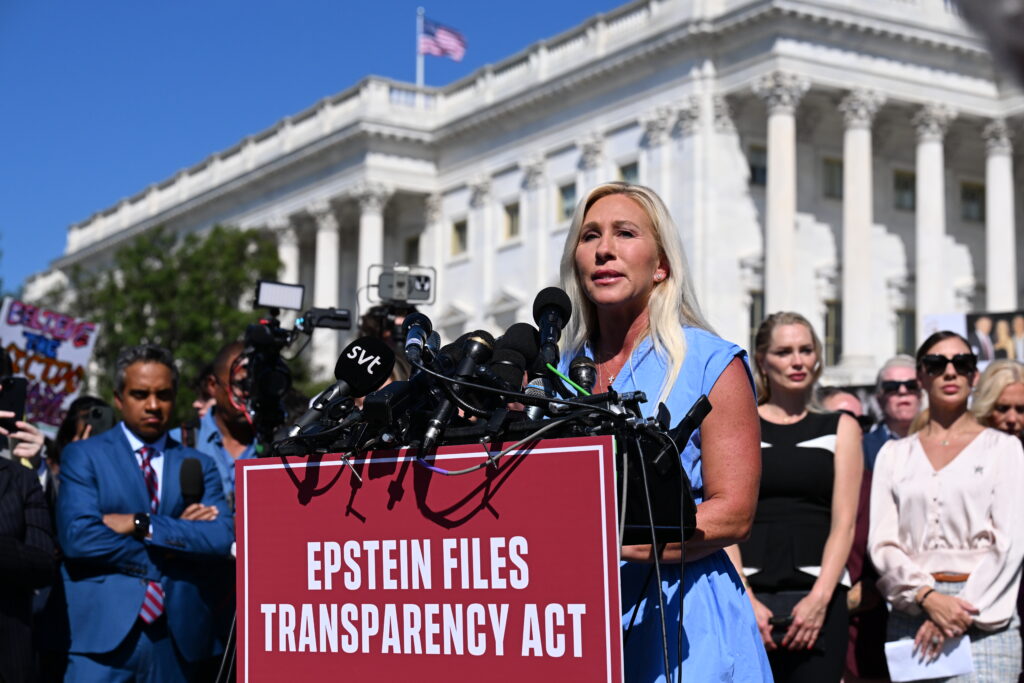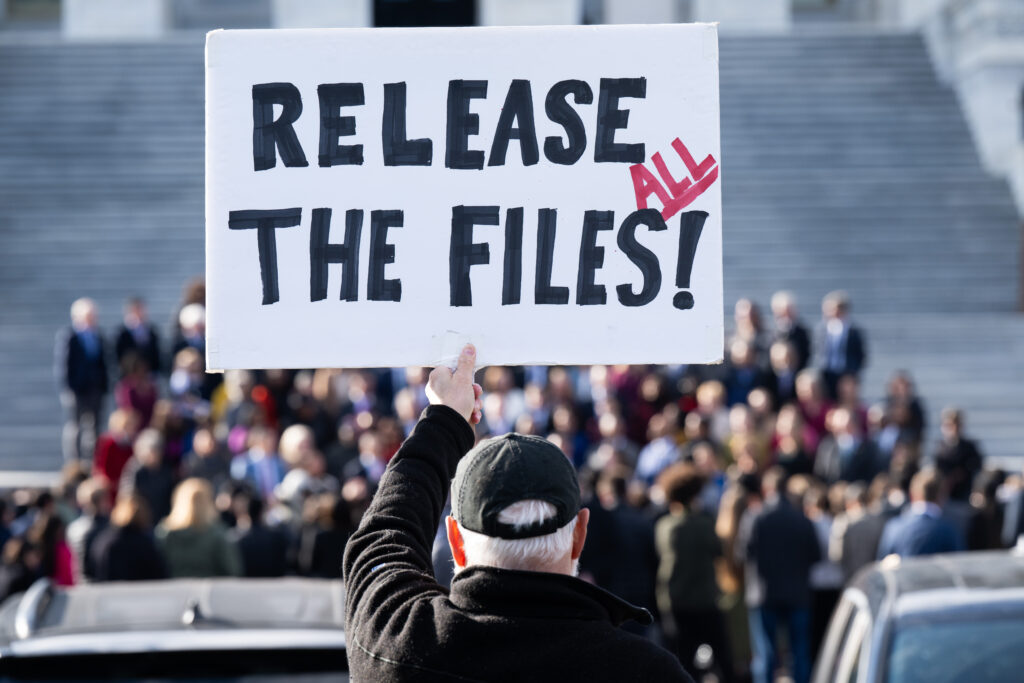In reversal, Trump supports House vote to release Epstein files
US President Donald Trump said Sunday he backed lawmakers’ efforts to release more files related to sex offender Jeffrey Epstein, despite previous opposition to the measure.”House Republicans should vote to release the Epstein files, because we have nothing to hide,” Trump wrote on his Truth Social platform.The 79-year-old Republican has accused Democrats of pushing an “Epstein hoax” after emails emerged in which the disgraced financier suggested Trump “knew about the girls.”Some critics have accused Trump of trying to conceal details about his own alleged wrongdoing — something the president denies — by looking to block the vote.The issue has divided his typically loyal Republican party and driven a rift between Trump and some of his closest allies within his Make America Great Again (MAGA) movement. Over the weekend, Trump withdrew his endorsement for Congresswoman and MAGA stalwart Marjorie Taylor Greene’s 2026 re-election bid. Republican House Speaker Mike Johnson has said he would hold a vote this week on a bid to force the Justice Department to release the remaining files relating to the Epstein probe.”Some ‘members’ of the Republican Party are being ‘used,’ and we can’t let that happen,” Trump said in his post, in reference to lawmakers who backed a call by Democrats to release the files.- Justice Department probe -After the longest-ever US government shutdown ended last week, lawmakers in the US House of Representatives released a trove of emails obtained from Epstein’s estate.In one, Epstein wrote that Trump “spent hours” with one of the victims at his house, and another referred to the president as “dirty.”Democrats on the House Oversight Committee said the messages “raise serious questions about Donald Trump and his knowledge of Epstein’s horrific crimes.”After the email trove’s release, Trump demanded Attorney General Pam Bondi and the FBI investigate links between Epstein and ex-president Bill Clinton, a Democrat, along with former Harvard president Larry Summers, who served as Clinton’s treasury secretary.The order for a probe comes even though the FBI and Justice Department said in a memo in July that they had not uncovered evidence that would justify an investigation of uncharged third parties.With the help of Ghislaine Maxwell, who acted as a recruiter, Epstein brought underage girls to his residences — notably in New York and Florida — where they were sexually abused, often under the guise of providing erotic massages.Before Epstein died in prison in 2019 while awaiting trial in a pedophile trafficking case, he had been required to register as a sex offender in Florida after pleading guilty in 2008 to solicitation of prostitution, including from a minor.Trump’s conspiracy-minded supporters have been obsessed with the Epstein case for years and have been furious since the FBI and Justice Department said on July 7 that Epstein had killed himself while in jail, did not blackmail any prominent figures and did not keep a “client list.”
